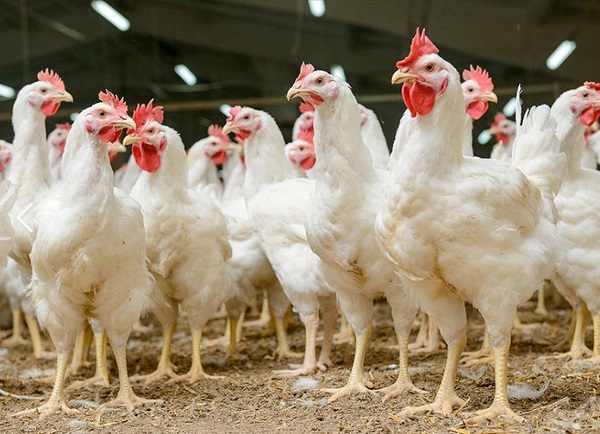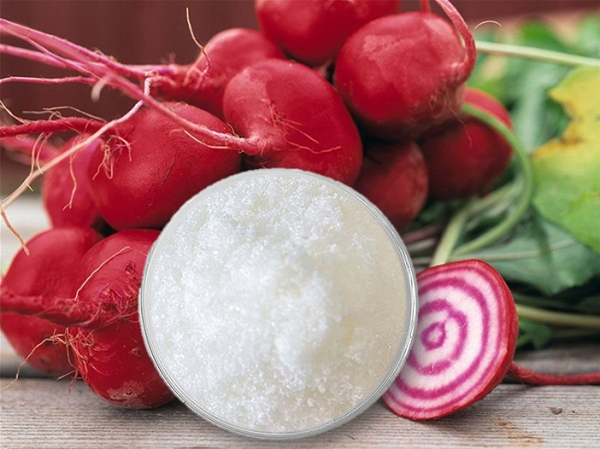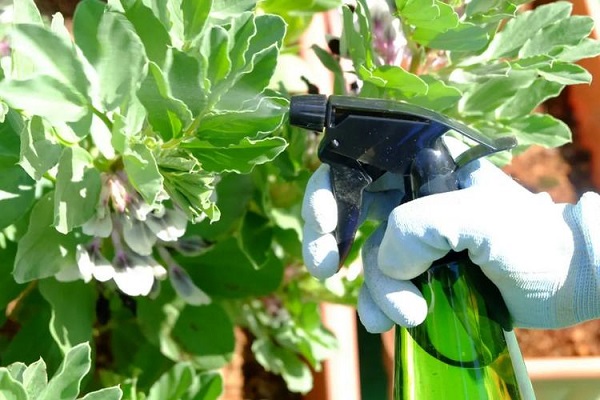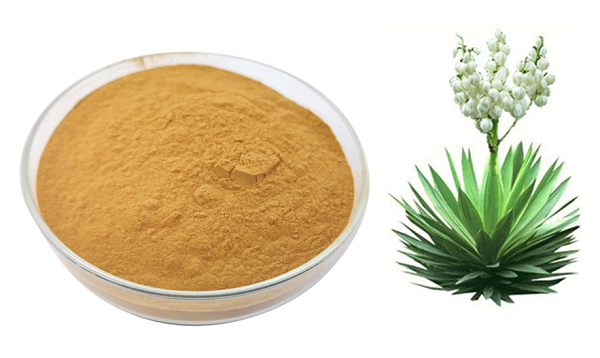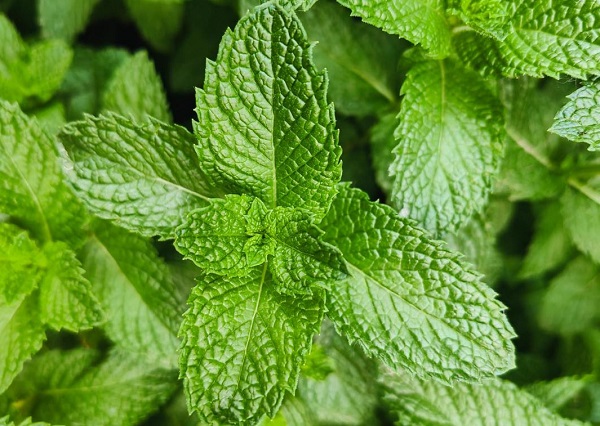Follow Us:

Bulk Tea Saponin Powder: Supply for Fertilizers
As the agricultural sector embraces sustainable solutions, natural additives are becoming crucial in fertilizer formulations. Tea saponin powder, derived from Camellia sinensis seeds, is gaining attention for its ability to improve nutrient absorption, enhance fertilizer efficiency, and support soil health. For fertilizer manufacturers, sourcing reliable tea saponin in bulk ensures consistent performance and operational reliability.
This article explores the role of tea saponin in fertilizers, covering its extraction, benefits, technical specifications, and best practices for bulk supply and supplier selection.
What Is Tea Saponin and How Is It Extracted?
Tea saponin is a natural, bioactive compound extracted from the seeds of the tea tree (Camellia sinensis). It belongs to the class of triterpenoid saponins, which are amphiphilic molecules, meaning they contain both water-loving (hydrophilic) and fat-loving (lipophilic) components. This unique structure allows tea saponin to act as a natural surfactant, improving wetting, dispersion, and penetration of liquids in soil and plant tissues.
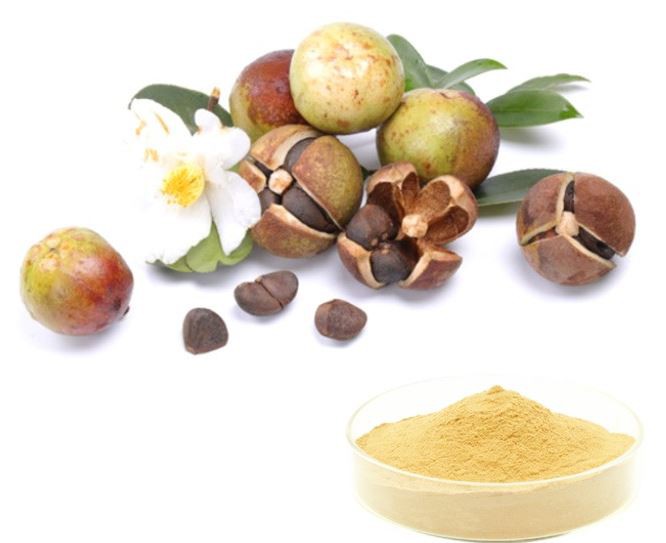
In agriculture, tea saponin is widely used as a fertilizer additive to enhance nutrient uptake, improve soil structure, and increase fertilizer efficiency. Tea saponin is biodegradable, environmentally friendly, and suitable for both liquid and granular fertilizer formulations.
Extraction method
Tea Saponin Extraction from Tea Tree Seeds (Water Extraction)
- Seed Preparation: Wash and dry the tea tree seeds, then crush them.
- Water Extraction: Soak the crushed seeds in water and heat at controlled temperatures.
- Filtration: Separate the liquid extract from the solid seed residues.
- Concentration: Use low-temperature evaporation to concentrate the saponin-rich extract.
- Drying: Dry the concentrated extract into powder using spray drying, producing a stable tea saponin powder.
Why Is Tea Saponin Used in Fertilizers?
Tea saponin serves several critical roles in modern fertilizer formulations:
Improved nutrient dispersion: Ensures even distribution of fertilizer particles in soil and foliar applications.
Enhanced soil structure: Helps aggregate soil particles, improving aeration and water retention.
Eco-friendly alternative: Reduces reliance on synthetic surfactants and chemicals.
Compatibility: Works with NPK fertilizers, organic fertilizers, and foliar sprays.
Field trials show fertilizers with tea saponin can increase nutrient uptake by 15–25%, resulting in higher crop yields and improved soil health.
How Tea Saponin Improves Nutrient Uptake and Soil Performance?
Tea saponin reduces surface tension in water, allowing fertilizers to penetrate deeper into the soil. This improves contact with plant roots, enhancing nutrient absorption. Additionally, its amphiphilic molecules promote soil aggregation, increasing porosity and moisture retention while reducing nutrient leaching.
In sandy or compacted soils, tea saponin helps nutrients remain available for longer periods, supporting healthier root development and sustained crop growth. Over time, it contributes to better soil fertility and microbial activity, essential for long-term agricultural productivity.

How Tea Saponin Functions as a Natural Surfactant?
As a natural surfactant, tea saponin reduces the surface tension of water-based fertilizer solutions. This allows nutrients to spread evenly across soil or leaf surfaces, improving absorption efficiency. In foliar applications, it helps nutrients stick to leaves and minimizes runoff during rainfall or irrigation.
Unlike synthetic surfactants, tea saponin is biodegradable and non-toxic, making it safe for the environment. It is an excellent solution for manufacturers seeking natural additives that enhance fertilizer performance while meeting sustainability standards.
Technical Specifications
Premium tea saponin powder must meet several technical criteria:
Saponin content: Standard 60%-90%, with customizable options for different formulations.
Moisture: Less than 10% to prevent degradation.
pH value: Neutral to slightly acidic (5–7), suitable for most fertilizer types.
Appearance: Fine light brown powder for easy mixing.
Solubility: Easily soluble in water for uniform dispersion in fertilizers.
Fertilizer manufacturers should request a Certificate of Analysis (COA) to confirm these specifications and ensure consistency in production.
Bulk Packaging Options, Stability, and Storage Requirements
For industrial use, reliable bulk supply and proper storage are essential. Our tea saponin powder is available in: 25Kg/Drum with liners or Custom Required for large-scale applications
Tea saponin is hygroscopic and should be stored in cool, dry conditions to maintain stability. Under proper storage, shelf life typically is 24 months. Airtight packaging prevents moisture absorption, contamination, and loss of activity, ensuring consistent performance across production cycles.
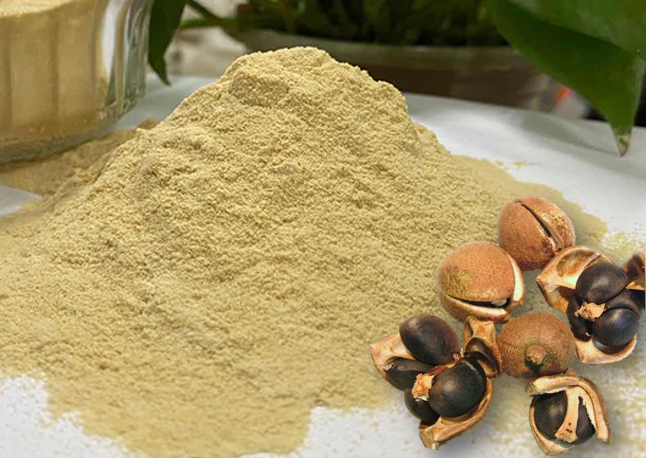
Selecting a Reliable Tea Saponin Supplier
Choosing a trusted supplier is critical for consistency and performance. You should conside:
- Specification consistency: Ensure saponin content and quality are consistent.
- Customization capabilities: Ability to tailor specifications to different fertilizer types.
- Certifications: ISO, or other quality certifications indicate compliance with international standards.
- Supply reliability: Ensure bulk availability to prevent production delays.
- Technical support: A knowledgeable supplier can advise on optimal usage, mixing ratios, and application methods.
Greenagribio is a botanical fertilizer additives manufacturer. We offer tea saponin powder (60%, 85%, 90%), HPLC-tested. Our company support sample submission and can provide COA, specification sheets, flow charts, and other documents. We have 1000KG of stock in our warehouse to handle urgent orders. Ready to choose a reliable tea saponin manufacturer? Contact us today!
Also See
Aquaculture Companies: How to Find Tea Saponin Suppliers
Tea Saponin 30% 60%: Aquaculture Use in Shrimp and Crab Farming
Botanical Pesticide – Tea Saponin
What is Matrine Insecticide?
Matrine vs. Synthetic Pesticides: A Comprehensive Comparison
Embrace Rotenone for a Sustainable Future
Rotenone Powder For Sale: Aquaculture of Application & Dosage
Reference
https://pubs.rsc.org/en/content/articlehtml/2018/ra/c8ra02859a?
https://pubmed.ncbi.nlm.nih.gov/27142816/?














